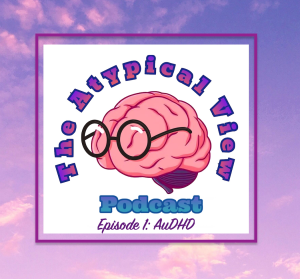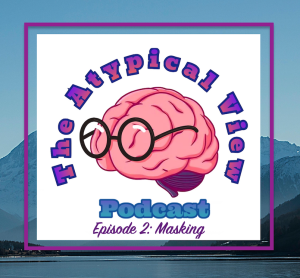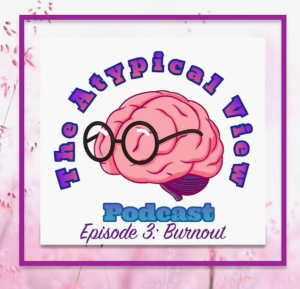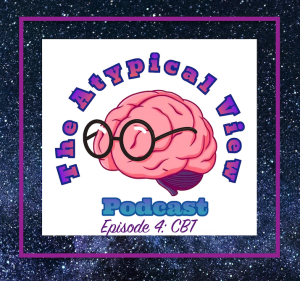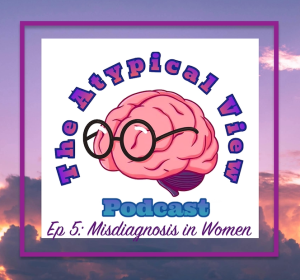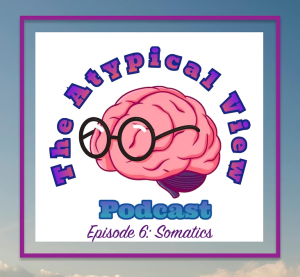


The Atypical Specialties
I offer Therapy, coaching, and assessments, services to kids, teens, and adults from all different neurodivergent backgrounds.Autism
ADHD
OCD/OCPD
...and beyond

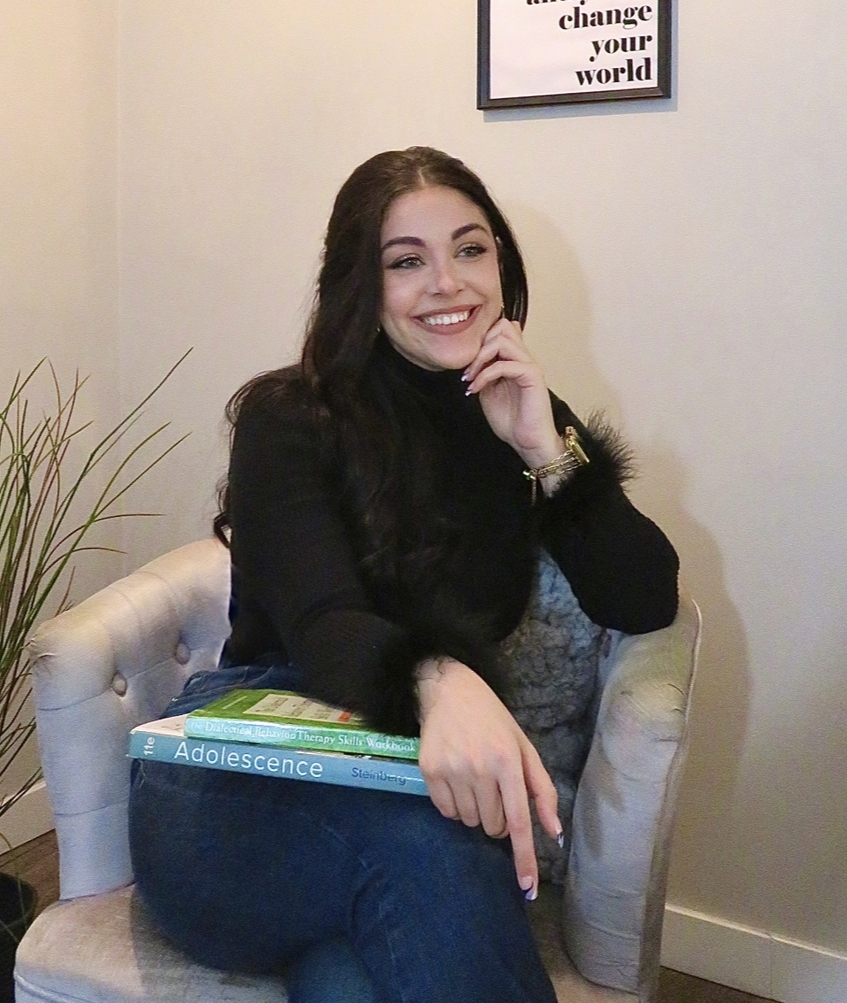
Lauren Florio, MA
Licensed Marriage and Family TherapistI’m a licensed psychotherapist in the California where I provide psychotherapy for neurodiverse individuals, families, and couples. I also provide neurodiverse coaching worldwide. I bring a deep commitment to advancing neurodiverse mental health care, grounded in my lived experience with neurodiversity, extensive background in mental health care, and education with a Master’s of Arts in Counseling Psychology with a concentration in Marriage and Family Therapy.
I have spent years diving deep into understanding my Autism and ADHD to better support myself. This lead me to focusing my work with people like me. I have crafted therapeutic interventions to specifically support autistic people, encourage authenticity, self acceptance, and foster independence. While I primarily focus my work on autistic clients, neurodiversity tends to overlap. So I also specialize my work with ADHD, OCD, and many other neurotypes.
The Atypical Approaches
Whatever your neurotype, the atypical approach is to walk alongside you on your journey to well-being, tailored to your individual needs and neurodiverse experience.Dialectical Behavior Therapy: DBT offers neurodiverse individuals valuable skills for emotional regulation, mindfulness, and interpersonal effectiveness. Its structured approach helps manage intense emotions and improve coping strategies, making it especially beneficial for those navigating the complexities of neurodivergent experiences. While I do not offer 24 hour support like many DBT therapists do, the skills from this modality are extremely beneficial interventions for a neurodiverse brain.
Somatic Therapy: This approach addresses the mind-body connection by focusing on physical sensations and bodily experiences. For neurodiverse individuals, this approach can help integrate emotional experiences and reduce stress, sensory dysregulation, enhancing overall well-being and self-awareness. There is a huge overlap of dissociation and disconnection in the neurodiverse community, so rebuilding that connection with the body is an invaluable skill.
Eye Movement Desensitization and Reprocessing: EMDR is effective in processing and resolving traumatic experiences by integrating them with adaptive information. For neurodiverse individuals, it can provide a targeted method to alleviate trauma-related symptoms and improve emotional resilience. While EMDR may not be suitable for everyone, I focus on customizing this approach to also effectively support individuals with cPTSD. This tailored approach aims to provide my clients with hope and help reduce their trauma responses
Coaching: Neurodiverse Coaching offers a proactive, goal-oriented approach for individuals who may not qualify for therapy, or prefer the methods of coaching over therapy. It focuses on personal development, skill-building, and education catered to your neurotype, providing tailored support to enhance motivation, set actionable goals, and navigate challenges effectively. Coaching can empower neurodiverse clients to make meaningful progress and achieve their full potential.

